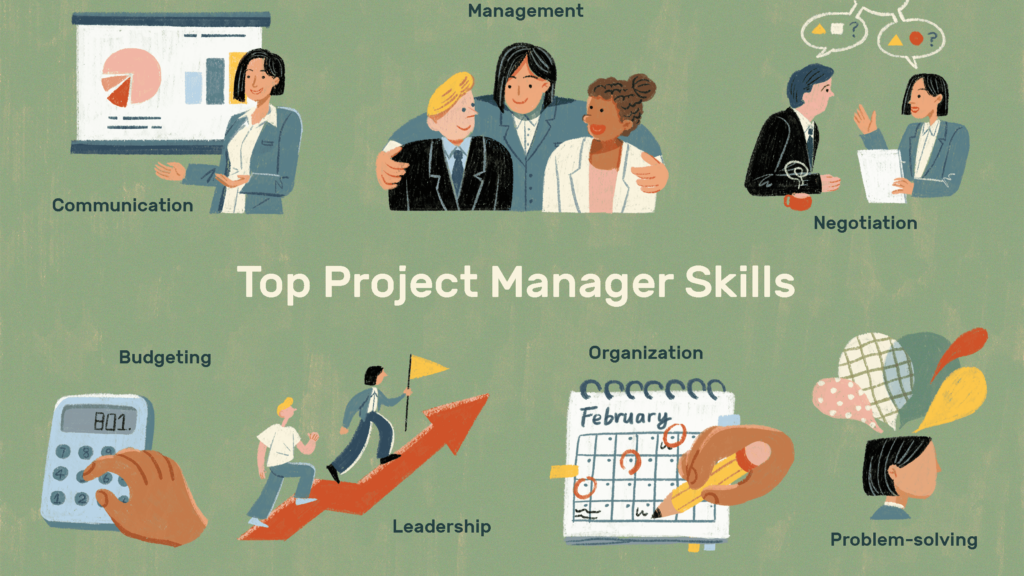
| How do you hire a project manager who will drive your company forward? |
| 1. Define the skills the project manager role requires Responsible for taking the lead on crucial projects, these managers must have a certain set of shining skills. For starters, they should be on top of frequent and effective communication—both externally and internally. With clients, that means establishing several touchpoints and building rapport for strong and trustworthy relationships. Internally, project managers should be able to effectively translate the client’s needs to the team members responsible for creating the deliverables. You’ll also want to hire a project manager with the ability to meet your company’s specific needs. Do you need someone who has a particular subject matter expertise? Are you looking for project managers with backgrounds in the production worlds they’ll be overseeing? Do you need proof of how they’ll carefully plan and document the process as opposed to winging it? Do you want your project managers to have expertise in working with specific software? Look for candidates who are the right fit from day one and the desired results will appear much sooner. |
2. Identify the critical behavioral traits they should display
They may check all the boxes on paper, but if they don’t mesh with the rest of the team or earn respect from clients it could create major problems. While skills and experience are certainly important elements to consider when hiring new project managers, behavior and attitude can be far more important when it comes to finding the best possible fit.
In terms of behavioral traits, most teams look for candidates who are:
– Organized
– Proactive
– Adaptable
– Positive
– Honest
– Influential

3. Use science and smart hiring practices. Smart hiring digs deeper to understand the whole person and how well they’re equipped to help carry out your business strategy—even if that means it’ll take a while to find that “right” candidate.
Planning, reviewing, and improving projects requires a manager who can track performance and understand how to adapt the scope of work to facilitate better results. Similarly, hiring managers can lean on technology to predict how well candidates fit the position. Once you know what you’re looking for in the ideal project manager, the right hiring tools can help you screen candidates for the best fit.
4. Address (and do away with) hiring biases.
Despite how hard hiring managers try to be open-minded, research shows that unconscious bias is still likely to creep in and affect how they judge candidates. The good news is that you can limit this subjective bias by introducing the objectivity of science into your decision-making. Using data allows you to assess candidates on better predictors of on-the-job success, such as behavioral traits and cognitive ability. That way, candidates move to the next stage in the interview process because they’re a good fit for the role, rather than because of their age, gender, or alma mater.

